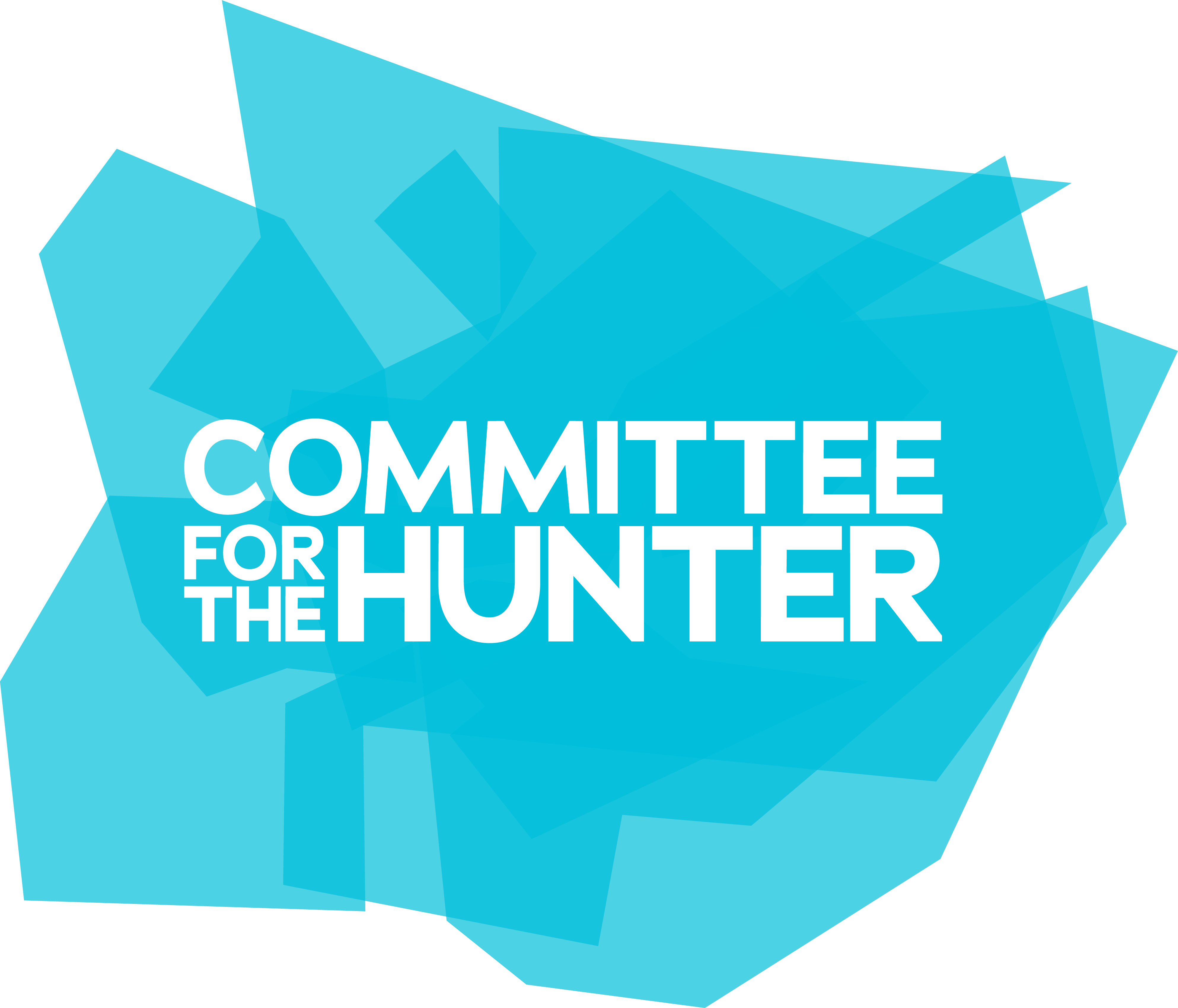Matthew Kelly
The Federal Budget was a mixed blessing for regions such as the Hunter, the body representing the Australia’s regional capitals believes.
While the budget provided ongoing funding for successful programs such as the Building Better Regions Fund, it did little to address acute social and economic development pressures in the regions.
“Where is the money in relation to affordable housing and decentralisation and liveability?,” Regional Capitals Australia chairman Kevin Mack said.
“I think in terms of the Hunter or any regional area, that is the vehicle to trigger growth in our regions. We are seeing it anyway exponentially. Post COVID we have got migration happening right across RCA’s footprint yet the Federal Government has not reflected that in their budget.”

Kevin Mack
Mr Mack, who is mayor of Albury, said housing availability throughout regional Australia had dropped to 0.5 per cent.
“From a policy context and a ground-proofing context there is a real issue here. You are not going to build those houses tomorrow, you have to start building them now. What do we do and how do we achieve that is the question of government,” he said.
Mr Mack’s comments were echoed by affordable housing advocacy group Everybody’s Home, which said the government needed to do more to support those at risk of homelessness.
“Unfortunately, the government has missed an opportunity to invest in the potential of our people,” spokeswoman Kate Colvin said.
“Escalating housing prices are pushing more and more people into homelessness, including women and children escaping family violence, young people who can’t stay at home, and older people on low incomes, especially women.”
While the Federal Government has committed to more than $3.3 billion of new infrastructure funding for NSW, less than half of that money was in Tuesday’s budget.
Among the Hunter infrastructure projects to miss out on funding was the M1 extension from Black Hill to Raymond Terrace.
The extension is a missing link in the national highway between Sydney and Brisbane. Infrastructure Australia has listed the project as a priority initiative that should be delivered within the next five years.
The biggest ticket item for NSW – $2.0 billion for the Great Western Highway Upgrade – is not expected to be completed until 2028.
“NSW needs these projects and these jobs now, not years and years into the future,” Shadow Minister for Infrastructure, Transport and Regional Development Catherine King said.
“Australians don’t need more cuts and delays, they need real infrastructure delivery that boosts productivity, improves public transport and gets them home more quickly and safely. As we recover from COVID, they also need jobs.”
But the Committee for the Hunter argued that, while government funding was always welcome, it was no longer the limit to the region to getting ahead.
“With $66 million Federal investment in the airport and the reveal of $42.2 million for Singleton army base, the level of public investment in and available to the Hunter now is significant and without precedent,” it said.
“This includes infrastructure, grants and incentives, programs and policy – across all three levels of government. With direction and certainty, it is now up to the region to leverage the significant public spend to encourage more private investment to grow this down payment.”
It is also over to the communities, businesses and councils of the region to take advantage of all the grant opportunities and incentives and bring a fair share of these funds into the region.
The Committee is here to support applications.We will continue to advocate for a more strategic approach to investment.
There will be better outcomes from existing funds if they are delivered as part of an integrated plan to diversify the Hunter region’s economy.
https://www.newcastleherald.com.au/story/7249798/budget-does-little-to-ease-regional-growing-pains/
